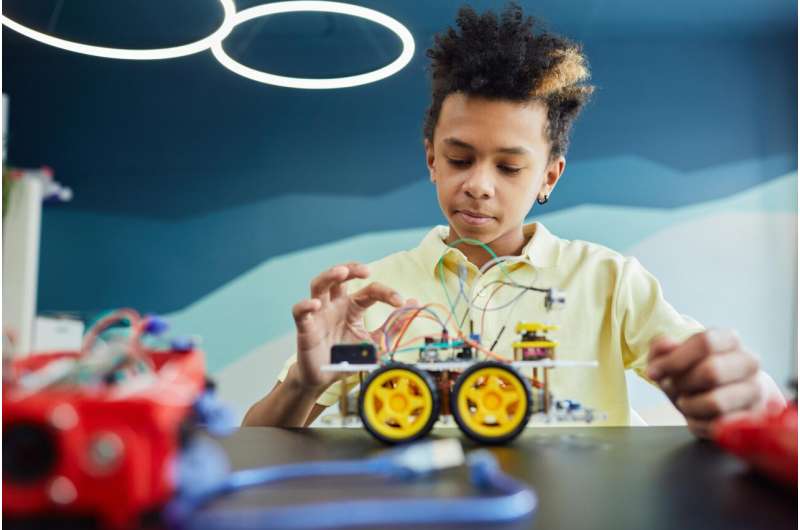K-12 educators are increasingly challenged by the complexities of integrating artificial intelligence (AI) into their classrooms. To assist in this effort, a new guidebook titled A Guide to AI in Schools: Perspectives for the Perplexed has been published by the Massachusetts Institute of Technology (MIT) Teaching Systems Lab. Released on November 4, 2025, the guide aims to provide educators with insights and resources as they navigate the evolving landscape of AI tools in education.
Justin Reich, an associate professor in MIT’s Comparative Media Studies/Writing program, emphasizes the need for educators to develop thoughtful AI policies. “Throughout my career, I’ve tried to translate research findings for people who work in the field,” he states. The guidebook was created with input from an expert advisory panel and feedback from over 100 educators and students across the United States, highlighting their experiences with generative AI tools.
Addressing Challenges in AI Adoption
The guidebook aims to foster a culture of humility as schools explore AI’s role in education. Reich notes, “We’re sharing examples from educators about how they’re using AI in interesting ways, some of which might prove sturdy and some of which might prove faulty.” The document acknowledges the uncertainty surrounding effective AI integration and seeks to stimulate discussion rather than provide definitive answers.
With the arrival of AI technologies, schools face numerous challenges, including maintaining academic integrity and ensuring data privacy. Reich cautions that the guidebook is not prescriptive but rather a starting point for conversations among educators, policymakers, and stakeholders. He likens the current situation to writing about aviation in 1905, stating, “No one in 2025 can say how best to manage AI in schools.”
As schools strive to understand how AI impacts student learning, Reich poses critical questions. “How does bypassing productive thinking with AI look in practice?” he asks. The guidebook encourages educators to engage with students, parents, and colleagues to collaboratively explore these pressing issues.
Innovative Resources for Educators
In addition to the guidebook, MIT’s Teaching Systems Lab has launched a podcast series titled The Homework Machine. This seven-part series delves into how AI is reshaping K-12 education. Reich collaborated with journalist Jesse Dukes to address various areas of concern, including AI adoption, student engagement, and learning loss in the post-COVID era.
Reich recognizes the limitations of traditional academic publishing, stating, “The academic publishing cycle doesn’t lend itself to helping people with near-term challenges like those AI presents.” The podcast serves as a timely resource, allowing educators to share insights and strategies in real time.
Despite the rapid integration of AI in schools, Reich warns against rushing to conclusions. He reflects on past experiences where technology was hastily adopted, often without clear evidence of its effectiveness. “We’ve been really wrong about tech in the past,” he notes, citing examples like smartboards that have not consistently demonstrated improved learning outcomes.
As educators grapple with AI’s implications, Reich encourages a cautious and collaborative approach. “We can develop long-term solutions to schools’ AI challenges, but it will take time and work,” he asserts. Educators are invited to draw from the collective experiences outlined in the guidebook and podcast to inform their practices moving forward.
The emergence of AI in education marks a significant shift, raising essential questions about its impact on teaching and learning. As schools continue to adapt to this new reality, Reich believes that gathering input from educators and involving students and other stakeholders is crucial. “Let’s race to answers that are right, not first,” he concludes.
For more information, the guidebook is available at tsl.mit.edu/ai-guidebook/.







